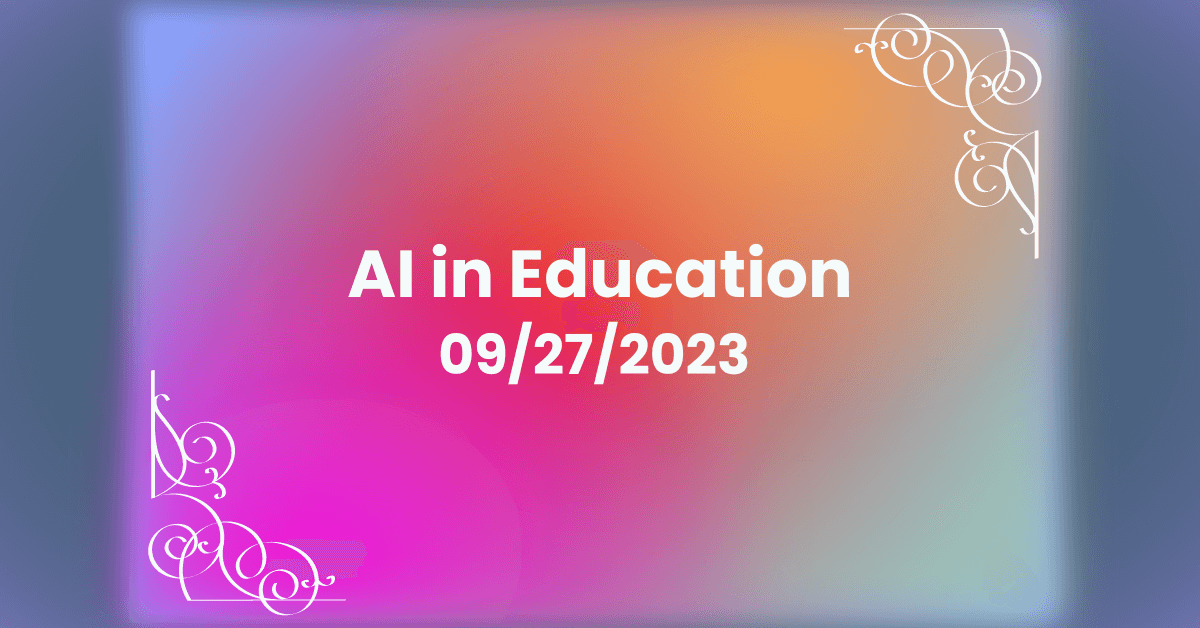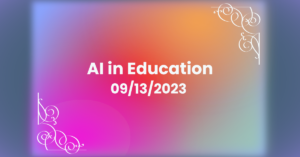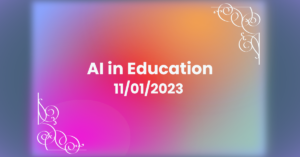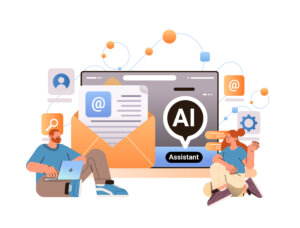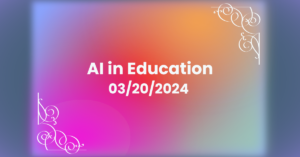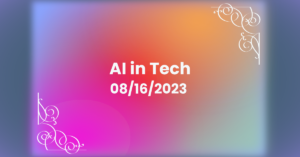U-M GPT AI Tool from the University of Michigan
The University of Michigan has unveiled a custom generative artificial intelligence (AI) tool called U-M GPT, becoming the first major institution in higher education to do so. Accessible to students, faculty, and staff across multiple campuses, including Ann Arbor, Flint, Dearborn, and Michigan Medicine, U-M GPT offers a suite of AI services that emphasize equity, accessibility, and privacy. It provides academic and U-M-specific information, answers questions, summarizes data, generates written content, and even offers personalized movie and music recommendations, akin to the popular ChatGPT. Access to U-M GPT is free for campus community members, although usage is capped at 5 prompts per hour per person.
In addition to U-M GPT, the University offers U-M Maizey, an AI tool that integrates with users’ Google, Dropbox, and Canvas accounts to analyze data, provide advice, create projects, and answer queries. Currently, U-M Maizey is available for free to campus community members but may require payment in the future. Furthermore, the U-M GPT Toolkit is available on request for AI designers within the University community, offering full control over AI environments and models, albeit at a cost.
However, the University lacks a campus-wide AI policy governing the use of these tools, leaving individual departments and professors to determine their integration into classrooms. Syllabi for the Fall 2023 semester vary in their AI policies, with some discouraging AI use for specific tasks, while others actively encourage or require it. Despite the diverse opinions on University-endorsed AI tools, this move by the University of Michigan underscores the increasing role of AI in higher education and the need for clear guidelines to ensure its responsible and equitable use.
Of course, this tool was just released, so it’s very difficult to see what the ramifications are for University of Michigan students. Do they actually use U-M GPT? Can teachers utilize the in-house AI to determine what prompts students are using?
It’ll be interesting to see if any other higher education institutions follow suit.
Further Reading:
- AI could consign educational traumas to history – The article addresses the mental health challenges faced by students and the correlation between mental health issues and low educational attainment among young people.
- What AI Training Do Teachers Need Most? Here’s What They Say – Results of a survey of teachers, asking them what they think they need to learn about AI.
- AI School Tools Aren’t Just For Cheating – Amid a surge in AI-related venture funding, edtech startups are increasingly focusing on educator-friendly applications like streamlining lesson planning and personalizing instruction.

